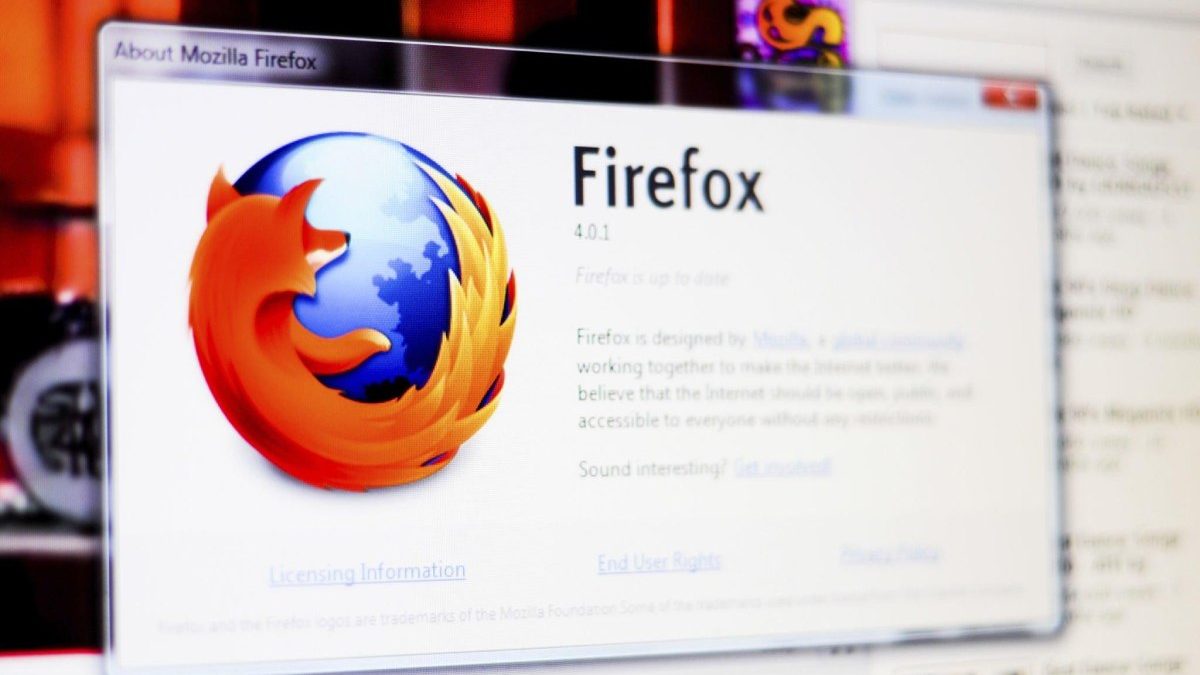Table of Contents
Introduction
Firefox: By the end of 2008, Firefox had reached the top, with 20% of the 1.5 billion people using the internet using the browser. More than half of internet users used Firefox in countries such as Indonesia, Macedonia and Slovenia, and more than half of internet users used Firefox. “our market share in these countries has been growing insanely,” Mozilla president ken Kovac wrote at the time in a post.
Firefox’s market share fell below 4% and to only 0.5% on mobile devices. “if we look at our market share over the past five years, we can’t deny the decline,” says Selena Beukelman, senior vice president of Firefox.
Adding: “in the past two years. Mozilla’s statistics show a decline of about 30 million monthly users from the beginning of 2019 to 2022. And it adds: “in the past two years, there has been a significant decline in the firefox user chart.”
Firefox Carried Slogans Focused on Security and Privacy
Launched two decades ago under the umbrella of Netscape, Firefox carried slogans focused on security and privacy in web browsing, prompting employees to open up online within these new standards. Still, Firefox’s market share declined, followed by layoffs repeated twice in 2020.
The lucrative deal with Google, the primary source of most Mozilla’s revenue, will expire. A wide range of browsers are competing for privacy-focused functions, and with these new features and potential errors, industry analysts and employees are concerned about Firefox’s future.
Firefox’s fate has a significant impact on the web business. It has been, for several years, the best competitor to google chrome browser, and pushed for increased privacy in chrome, which launched in 2008 and became the most popular browser, used by about 65% of internet users, and has changed the way people deal with the internet.
Did chrome win The Computer Browser War?
“chrome won the computer browser war,” says a former firefox team member who developed Firefox but did not disclose his name. “it is not reasonable for firefox to expect that any other browser can be shared at this stage.”
Another former employee said: “they have to accept that firefox will not return from under the ashes.”
The relationship between Mozilla and Google is complex. They compete, and at the same time, they are business partners. And google annually pays hundreds of millions of dollars to Mozilla — current reports indicate that this figure is about $400 million a year — in exchange for google’s designation as the default search engine on Firefox.
In its most recent financial results in 2020, Mozilla offered a total revenue of $496 million, including $441 million in search transaction revenue. Firefox has other partners to make them virtual search engines, such as the Yandex search engine in Russia. And here shows the importance of the amounts google pays Firefox. Google also pays massive amounts annually to apple to become the default search engine in the safari browser.
The Deal Between Google And Mozilla

The deal between Google and Mozilla was last renewed in 2020 and ends in 2023. according to statistics, Firefox’s market share fell by nearly 1% during the duration of the agreement, and the figures showed that the number of monthly active users remained constant at 215 million.
Decelman says Mozilla does not disclose details about its partners and refuses to disclose negotiations with google.
According to Mozilla’s 2020 financial reports, despite layoffs, it is in a stable position and expects its 2021 financial results to show revenue growth.
Mozilla, however, recognizes that it needs to diversify its money-making methods in the future to achieve this and has intensified its efforts since 2019. As the company owns the paid Phuket service that allows for later reading.
The company has launched two similar products for the VPN service that can be subscribed to. And encourages the company to advertise by placing them in new browser tabs.
Mozilla’s subscription and advertising revenue swelled from $14 million in 2019 to $24 million in 2020, and the company expects new products to appear in the 2021 financial results. Increasing its revenue by 14%.
Independence from Google may be the key to creating a better business. Yet some new bets that may conflict with Firefox’s privacy goals have not worked. The title (URL) of the firefox browser and the decline of the everyday talk in 2015 about the mobile operating system of Firefox.
Distinguishes Firefox Is Its Scalability
Firefox needs new revenue but, at the same time. Faces stiff competition, says Lords Torica, founder of Rising of Privacy Tech. This group monitors companies interested in privacy: “Many browsers use privacy in their brand.”
Many Chrome browser competitors distinguish themselves by not storing data in your browsing history. And not tracking what you do online. Browsers such as Firefox, Duck Duck Go, Brive, Vivaldi and Safari compete in not following the user. And browser Tor is the most privacy-friendly option.
”
Firefox and its commercial competitors rely heavily on privacy, but what distinguishes firefox is its scalability,” says jonah Aragon, the system manager who helps prepare business guides for site privacy. Firefox ranks high in privacy by open source dating sites. Jonah continues: “it’s a pity that not all private functions can be operated by default, but when you need them, you can.”
In addition to Firefox, which runs on android and ios, Mozilla also releases fox, which automatically runs privacy functions. And decelman says these two browsers are distinct in usages. So it is impossible to integrate these two applications into a single product.
Conclusion
As long as Firefox competes with other privacy-focused browsers, it doesn’t have to be the first to offer these features. For example, Aragon adds that the safari was the first to adopt cookie blocking by default.
But how will Firefox distinguish itself from other browsers in the future? Mozilla should pursue a unique strategy for its browser, says a former employee: “firefox browser has a lot of privacy, but at the same time they are working to bring in more revenue in various ways.” The ads that appear in the search bar are a good example.
“Once the user leaves Firefox, he won’t come back until he finds a good reason. What is it?” says Bart Willemsen, vice president of privacy at Gartner. “I think firefox faces a real challenge to reach a position that distinguishes it from others, not only in marketing data but in the product itself,” continues Willemsen. One of Firefox’s first former users.


